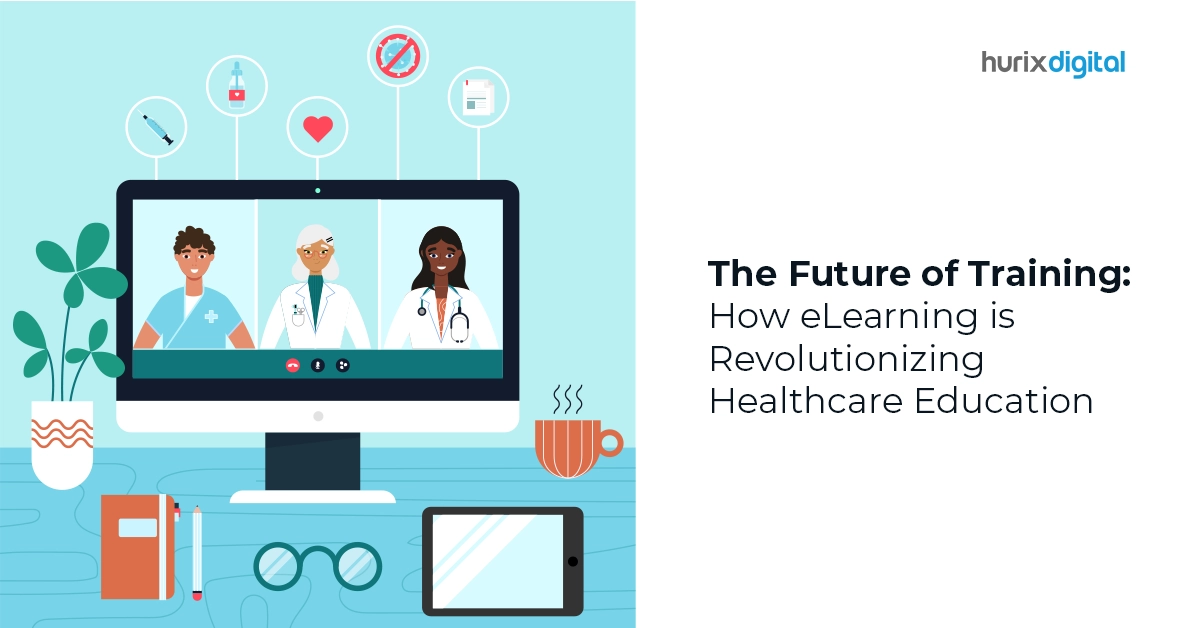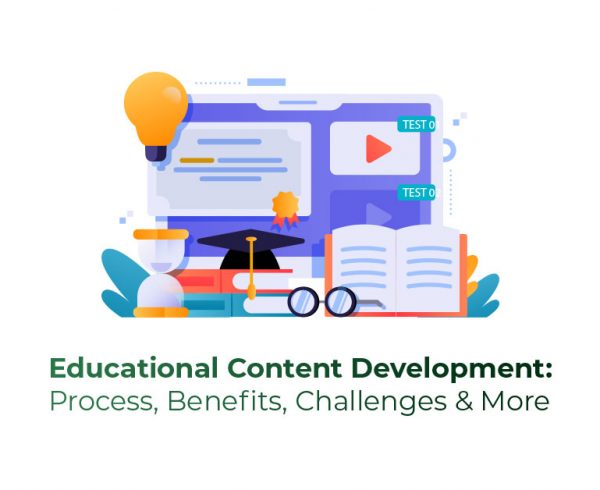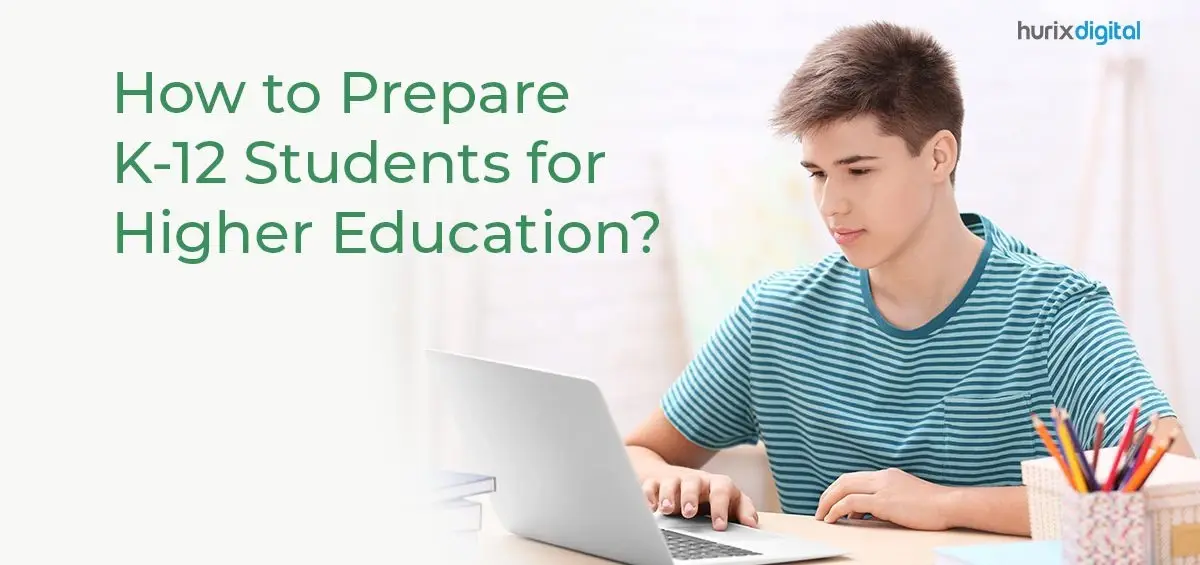One of the most exciting events in the traditional education system are field trips. Virtual field trips are a great way of engaging students in learning experiences in the real world. They help students find the relevance of what they learn. In addition, such trips improve their understanding and tap into new ways of learning while keeping students engaged and motivated.
A lot of logistical planning and coordinating goes into organizing field trips. Geographic and time constraints limit the opportunity of students to fully explore trips. Furthermore, in recent times, COVID-19 and the resultant lockdown have led to students losing opportunities to experience both traditional schooling and field trips.
Conveniently, technological advancements, interactive learning, and online resources have opened doors to offer real-time experiences to students despite the challenges associated with traditional field trips. Virtual field trips, specifically, offer opportunities to have real-world experiences at students’ fingertips.
Table of Contents:
- What is a Virtual Field Trip?
- Scope of Learning through Virtual Field Trips
- Benefits of Learning through Virtual Field Trips
- Conclusion
What is a Virtual Field Trip?
A virtual field trip is a guided exploration through the internet into places and experiences that are pre-screened and thematically based to provide a structured learning experience. Virtual field trips are an interactive and dynamic form of learning that is freely available, making access no longer a concern.
There are various online learning activities for K-12 students. With virtual field trips, students can study subjects and explore places to learn in real-time. They are also very cost-effective and less prone to risks associated with traditional field trips. It helps students make real-life connections by allowing them to go beyond book knowledge.
Scope of Learning through Virtual Field Trips
Virtual field trips are essential to modern-day classroom requirements. They can be applied to all subjects and personalized based on the abilities and performance of different students. You can implement various strategies for virtual field trips in K-12 classrooms. Following is the scope of learning through virtual field trips.
1. Range of Subjects
Virtual field trips benefit common subjects such as science, geography, and history. Students can witness outer space, nature, and micro-organisms, explore documented significant events in the past, and marvel at the works of famous artists.
A study with biology students demonstrated how 80% showed a highly positive attitude towards the educational value of virtual trips.
2. Levels of Grades
Classes of all ages and levels can use virtual field trips. The only requirement is to pick the most suitable and tailor-made trip for the age group. Virtual field trips are specifically curated for different grades, age groups, and difficulty levels as well.
3. Various Student Abilities
Traditional field trips might pose difficulties for students with physical and mental disabilities. Such students might tend to skip or might even be forced not to get involved in field trips resulting in not experiencing their benefits.
Virtual field trips are a way to extend inclusivity to students of all abilities. It provides the opportunity for students to experience real-life learning together regardless of their hardships. Moreover, they can explore content in the comfort of their classrooms or their homes.
Benefits of Learning through Virtual Field Trips
1. Range of Experiences
With virtual field trips, students can explore places they have not and might not be able to visit. School trips for elementary students are especially constrained by distance and time.
Virtual field trips eliminate such barriers and offer the experience to students of all ages. Such trips also expose students to experiences not common in their geographic locations.
2. Learning in Real-Time
Virtual field trips give students real-world experiences. Students get to connect what they learn inside the classroom with what is happening out in the world. This helps them understand how academic learning can be applied to solve real-world problems that they grapple with.
In addition, theoretical information can be compared with practical situations to make connections and develop students’ critical thinking.
You might also like to read: Top 8 Strategies For Student Engagement In Online Learning
3. Educational Objectives
Using virtual trips increases the quantity and quality of information that students obtain. Students have the freedom to pursue self-directed trips and can do it at their own pace. This makes lessons more memorable and presents clarity in concepts. A study showed that students who participated in science field trips scored better on science tests.
Virtual field trips expose students to the lives and worlds of people from different places and circumstances. This makes students more tolerant and empathetic. It teaches them how to have a different perspective about situations, people, places, and things around them. It contributes to the growth of their social and emotional skills.
4. Engaging Experiences
Traditional school trips are limited in the experiences they provide to students. Virtual trips provide experiences that students might not have access to in their geographical settings. They gain access to environments unavailable to them.
With virtual field trips, students can access the most recent, detailed, and diversified information from rich sources of materials and resources. Therefore, the experience of virtual trips reinforces academic concepts and solidifies learning.
Virtual trips are highly interactive. They give students complete freedom to navigate, wander, explore, and learn anything at any time. Students can also choose to visit and revisit topics of their interest at their own pace and interest. This makes them feel empowered and helps them be more motivated and engage in learning new information.
5. Equity in Access
Virtual field trips are not limited by distance, time, or money. They are freely accessible by all students on using the internet. The economic limitations of families and schools that cannot provide access to real-time experiences are remedied with virtual field trips.
Moreover, virtual trips include audio-visuals and kinesthetics and cater to all learning styles. They provide equal access to everyone, regardless of the traditional hindrances in access to experiences and learning, such as social, economic, physical, and other barriers.
6. Safety
Safety is always the first concern in traditional field trips. Despite the efforts of teachers, there are always chances of students getting lost or hurt on field trips. This prevents certain parents from sending their children on trips.
Virtual field trips alleviate the anxiety and worry that parents and teachers might feel about the safety of children. Virtual trips are completely safe and do not pose any risks or harm. With proper planning and internet filtering settings, teachers and schools can also easily ensure students’ online safety.
7. Reduced Workload for Teachers
Teachers put a lot of effort into planning, organizing, and executing traditional field trips. It comes with the risk of the safety of students and other uncertainties which may derail the trip.
Instead of going through such hassles, teachers can simply save a lot of time and reduce their workload by designing virtual trips. They can offer more to students while putting in less effort.
Conclusion
Virtual field trips are an excellent and powerful way of engaging students and providing them with authentic and real-time learning experiences. They, however, should not be standalone experiences, given that the goal is to integrate theoretical learning with practical knowledge and insight.
Virtual field trips are an important form of futuristic learning. Being conscious about its goals and intentionally referring back to field trip experiences to enunciate lessons taught to children is the best way to enhance the benefits of virtual trips.
Virtual trips enrich learning by giving students access to real-life experiences. With future technology advancing at a fast rate, adopting and integrating virtual field trips into education can give a new, immersive life to lessons learned by students.











